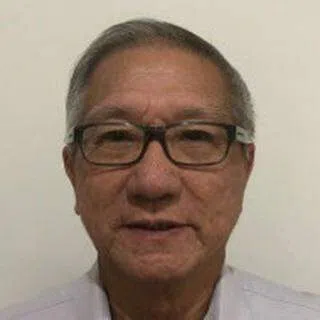Did Trump accidentally end US dominance?
Trump’s polarising actions have sparked observations that US dominance is declining, and concerns that the world is returning to the era of power politics that characterised 19th-century Europe. Is Trump’s second term as president the start of a new world order? Former journalist Goh Choon Kang tells us more.
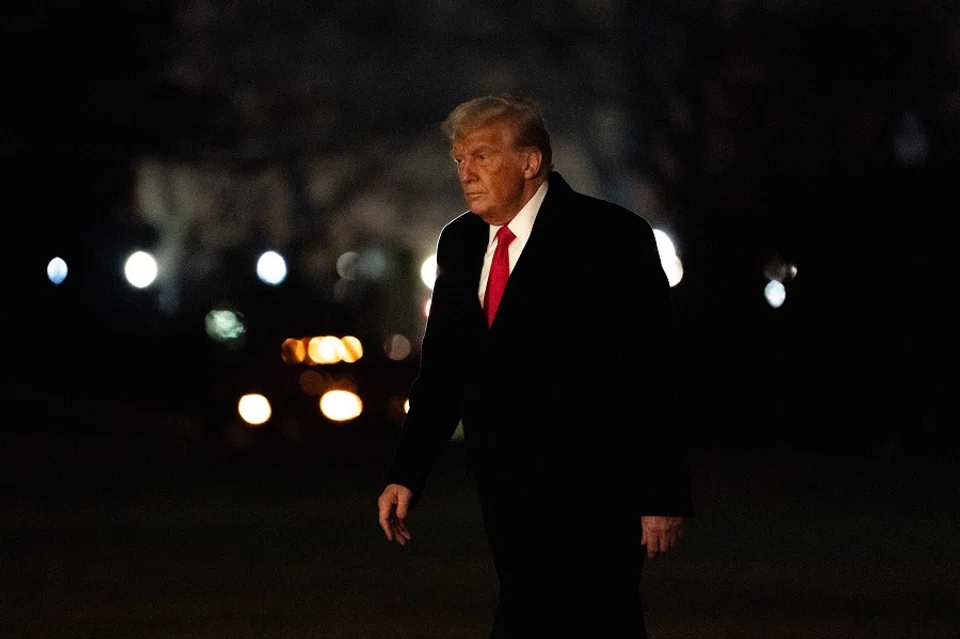
Pax Americana has several different translations in Mandarin Chinese, and the literal meanings include: peace under US rule, US-styled peace, the era of US governance, US peace, and so forth. Regardless of how it is translated, it refers to the relatively peaceful world order led by the US since the post-war period. To some Americans, this order came to an end with Trump’s second term in office.
For instance, Ivo H. Daalder, a former US ambassador to NATO, wrote an article on Politico in November 2024, declaring that Pax Americana would end with Trump’s inauguration on 20 January. On 30 January, an article written by Daalder and another scholar, J.M. Lindsay, published in the Foreign Affairs magazine, made this declaration once more, further stating that the world would return to the era of power politics that prevailed in 19th-century Europe.
A return to power politics?
Why do they say this? The two claim that the genesis of the international rules-based order led by the US sprung forth when Japan attacked Pearl Harbor on 7 December 1941, but died with Trump’s second inauguration. Trump has long believed that this order is disadvantageous to the US, because it saddles the US with the burden of policing the globe while enabling allies to leech off them. Secretary of State Marco Rubio also declared during his Senate confirmation hearing that “the postwar global order is not just obsolete, it is now a weapon being used against us”.
Trump single-mindedly wants to rule the world without leading it: all he cares about is what others can offer him and how he can benefit himself.
At the same time, Trump remains sceptical about US support for Ukraine and Taiwan and is eager to employ tariff measures against other countries. He has also threatened to take back the Panama Canal and annex Canada and Greenland, clearly showing his intention to return to 19th-century power politics and spheres of influence — although he did not explicitly state this in his foreign policy.
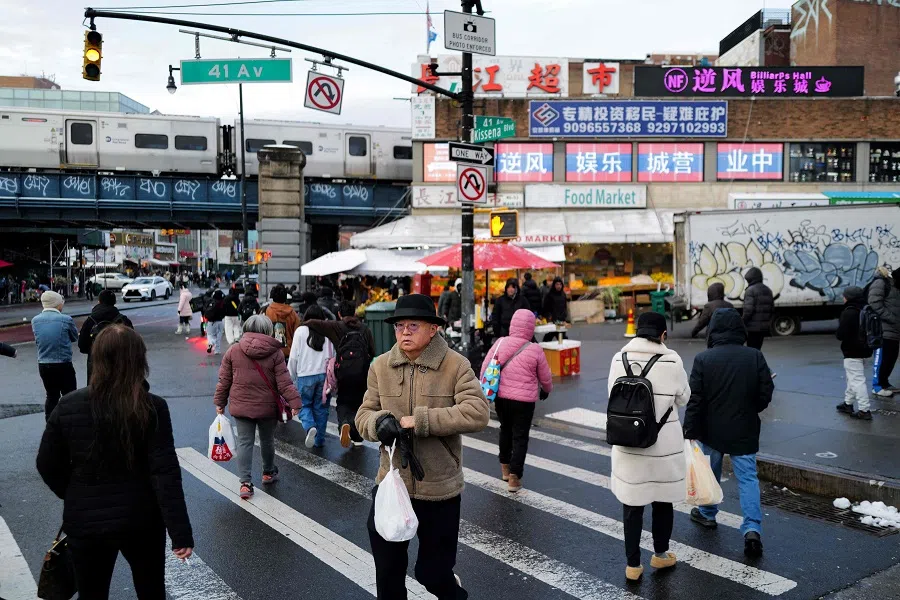
Power politics refers to the era when European powers divided the world between themselves and carved out spheres of influence. This aligns with Trump’s idea of “America First”, focusing only on its interests and sphere of influence, essentially dominating the western hemisphere in the vein of the Monroe Doctrine. But are Trump’s expansionist plans a return to power politics for the US and the world?
From the look of things, it is still hard to say. After all, Trump will only serve another four years, and no one can predict what changes US politics will undergo after that. During these four years, Trump might be able to have his way with things and stir up trouble in the White House, but whether he can overturn the entrenched positions of the “deep state” remains a big question mark.
The end of an era for US dominance
Regardless, the era of US dominance is indeed gradually declining, and the next four years will only serve to accelerate this process. There are several simple reasons for this.
Firstly, there is discord and loss of support. Trump single-mindedly wants to rule the world without leading it: all he cares about is what others can offer him and how he can benefit himself. This is pernicious to his prospects — no one can tolerate such domineering behaviour. The more he behaves rudely and abuses power, the more he will lose the support of the people, and in turn lose the world.
Such actions are sure to diminish America’s status and credibility as a major power, much less talk about taking the moral high ground.
For example, targeting neighbouring countries like Panama, Mexico and Canada by unilaterally imposing tariffs, making threatening remarks, and disrespecting or even mocking their government leaders will inevitably stir up resentment and dislike among their citizens. Similarly, besides imposing tariffs, demanding that NATO countries pay higher protection fees, and increasing defence spending to buy US weapons will undoubtedly dishearten allies.
Secondly, there is the issue of unilateral isolation. From the onset of his presidency, Trump issued executive orders announcing US withdrawal from the World Health Organization (WHO) and the Paris Agreement. Global health and climate change are major issues the world faces today, and when a major power washes their hands of the matter and withdraws itself, it catches everyone’s attention. As the saying goes, “once is bad enough; twice is incredulous!” Yet Trump insists on doing so. Such actions are sure to diminish America’s status and credibility as a major power, much less talk about taking the moral high ground.
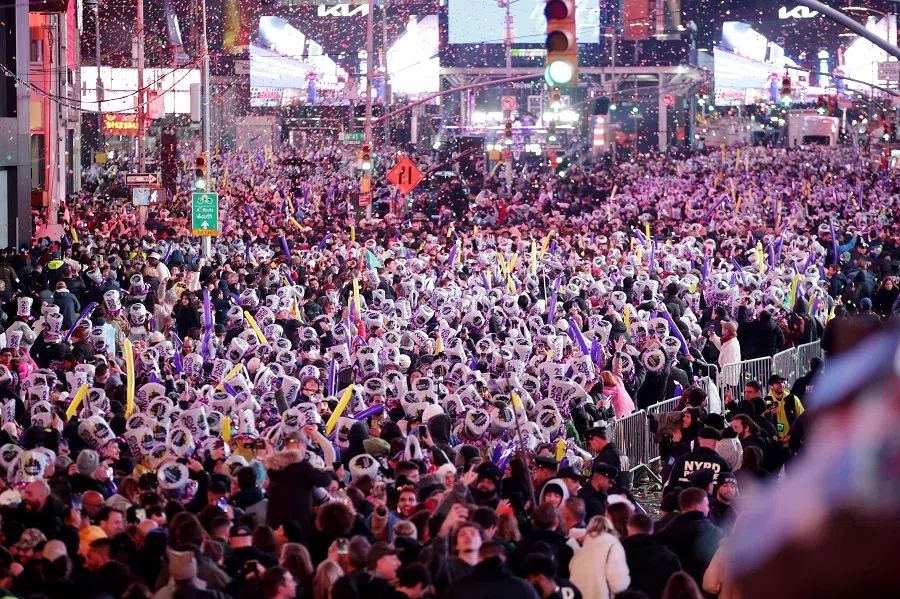
Thirdly, it exacerbates inner turmoil. As in his previous term, Trump immediately set about overturning almost all of his predecessor’s policies and measures upon taking office. Soon after his inauguration, he signed more than 40 presidential executive orders, including pardoning about 1,500 participants in the Capitol riots, reducing sentences for 14 of them, abolishing electric vehicle (EV) policies, ending birthright citizenship, halting diversity, equity, and inclusion (DEI) policies in the federal government and the military as well as expelling large numbers of illegal immigrants. These orders completely reverse Joe Biden’s and the Democratic Party’s policies, shifting from the extreme left (so-called progressive) to the extreme right (so-called conservative).
Since these are highly polemical and socially divisive issues in the US — part of the so-called cultural wars — they are bound to cause more unrest in society, intensify opposition and division between the two sides, potentially trigger a backlash from the Democrats, and incite various related lawsuits. Trump cannot simply distract from domestic issues by focusing on foreign issues; he will undoubtedly have to expend considerable energy and effort addressing domestic chaos. As a result, during his second term, the US will be even less inclined and capable of contemplating or constructing a new world order, resigning Pax Americana to the fate of further decay.
At least China’s three initiatives appear to be in line with the grand principles of coexistence and mutual prosperity.
A new, multipolar world order
However, the rest of the world and adversaries of the US will not simply remain stagnant; on the contrary, they are striving to promote the construction of a new, multipolar world order to replace the post-war order led by the US — especially the unipolar order after the collapse of the Soviet Union. Therefore, the world is in a state of uncertainty marked by the rise and fall and intense competition between two major forces (US-led against those opposing US leadership). If this trend continues to develop, it will definitely be unfavourable to the US.
Comparing “America First” with China’s three global initiatives, namely the Global Development Initiative, Global Security Initiative, and Global Civilization Initiative, the distinction is clear. At least China’s three initiatives appear to be in line with the grand principles of coexistence and mutual prosperity. One approach is selfish, advocating a might-is-right mentality, unilateralism, and protectionism — which inevitably leads to a “dog eat dog” world. The other speaks of the world as a commonwealth, and endorses mutual respect and mutually beneficial cooperation — it is clear which will win the people’s hearts and minds.
Indeed, a great power must act like a great power; taking on responsibilities as it should, respecting international law and setting a good example. If a great power behaves like a hooligan, it naturally does not qualify as a great power — relying solely on military aggression is insufficient when it comes to maintaining an outdated world order. Unfortunately, the US is on such a misguided path, wanting to dominate the world while isolating itself. It is only a matter of time before it is excluded from a new world order.
... today’s global north is no longer the global north of the past, possessing the ability to dominate and dictate. The era of Western powers divvying up the world and establishing world order is long gone.
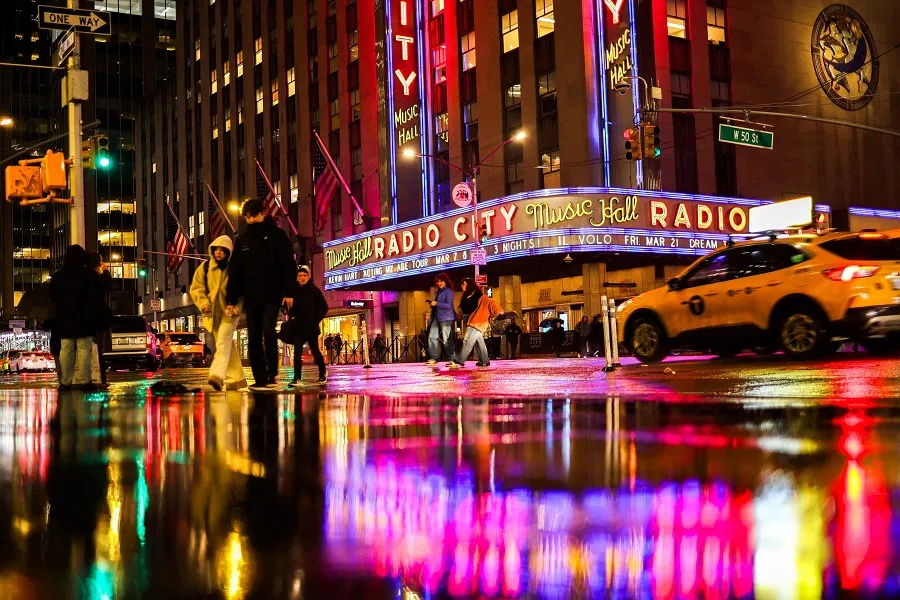
As the saying goes, “the great tides of the world are unstoppable; those who go along with it prosper, while those who go against it perish”. Global affairs are akin to a chess game, with the circumstances ever-changing; after more than six decades of transformation, the old world order is indeed outdated. But it is unlike what Rubio interpreted as “a weapon being used against [the US]” — rather, the world has outgrown unipolar American dominance.
Like clothes that no longer fit, such an outdated model must be replaced. As former US Secretary of State Henry Kissinger pointed out in his 2014 book World Order: first, the existing order has been redefined; second, the existing balance of power has fundamentally changed. It is only through building new types of great power relationships that we can avoid repeating the tragic history of great power confrontations. However, what these relationships would look like remains to be hashed out.
Moreover, today’s global north is no longer the global north of the past, possessing the ability to dominate and dictate. The era of Western powers divvying up the world and establishing world order is long gone. The global south is also no longer as passive and helpless as it used to be — it now possesses a growing agency and voice. Therefore, what kind of new order the world would form cannot be dictated only by Western powers — much less solely by the US. Moving towards multipolarity appears to be the consensus of the majority.
As I penned this, I sought an answer from DeepSeek just for the fun of it. Its response is as follows: “Overall, the development of the world order will be a process of multipolarisation, with various countries and regions playing even more important roles in global affairs. At the same time, global issues require more international cooperation and multilateral solutions. The future world order may be more complex and uncertain, but it may also find new balance points through cooperation and dialogue”. I think this answer, provided by artificial intelligence, would resonate with many. However, nobody knows when a new order will form — but it is certain that due to increasingly intense great power struggles, it will certainly undergo a tortuous and uncertain process.
This article was first published in Lianhe Zaobao as “世界会形成怎样的新秩序?”.
